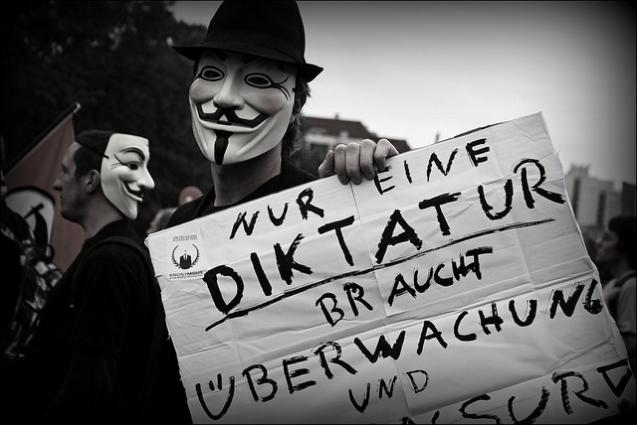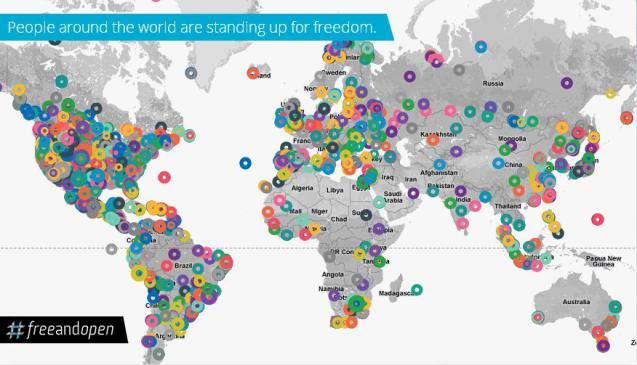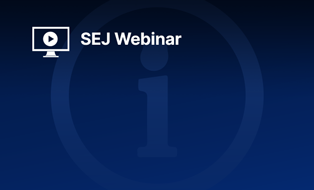A highly publicized UN conference on the future of the internet kicked off in Dubai yesterday, amidst warnings from organizations led by Google and Microsoft that the talks could lead to the end of the World Wide Web as we know it.

The UN’s International Telecommunications Union (ITU), which is organizing the talks, said that it is hoping to reach a broad consensus that will allow for the revision of a wide-ranging treaty that has remained unchanged since 1988.
Attending the 11-day meeting are regulatory officials from 193 nations, all of whom will be given the opportunity to propose changes to the way in which the internet is regulated. According to the ITU, items up for discussion concern issues such as security and the expansion of internet services into developing nations.
This all seems fairly innocuous in itself, but the get-together of international regulators has caused alarm among some of the web’s highest profile companies, who say that the forum could well provide an opportunity for repressive governments to curb internet freedoms and remove user anonymity once and for all.
Google especially, is going all-out to raise awareness about what’s happening, posting the following message onto its homepage:
Love the free and open Internet? Tell the world’s governments to keep it that way.
Linked from this message is a special page containing an interactive map, which asks netizens to help them in its bid to keep the internet free and open, and provides a detailed outline of its concerns that the proposed changes to internet regulation may have.

Google’s chief concern is that some of the proposals being made would permit governments to censor free speech on the internet, and possibly even cut off internet access at will. In addition, the search engine company says that another proposal could lead to the introduction of new tolls that services like Facebook, Skype and YouTube would be required to pay in order to operate across international borders. Google says that this could result in access to information being limited – especially in emerging nations.
Google’s final gripe is that only governments are allowed to have a say at the conference. As it has pointed out numerous times in the past, many of these same governments have extremely poor track records with regard to internet freedoms, routinely clamping down on and restricting access to websites they view as dissenters. Google believes that any decision on the future of the internet should also involve the companies and people that build the web.
As well as its web page asking for people to voice their support, Google has launched the #freeandopen hashtag as an option for internet users wanting to voice their support. At the time of writing, 2.3 million people and counting have lent their support to the campaign.
Main image via URBAN ARTefakte (Flickr.com)





![Google AIO: 4 Ways To Find Out If Your Brand Is Visible In Generative AI [With Prompts]](https://www.searchenginejournal.com/wp-content/uploads/2025/03/sidebar1x-187.png)